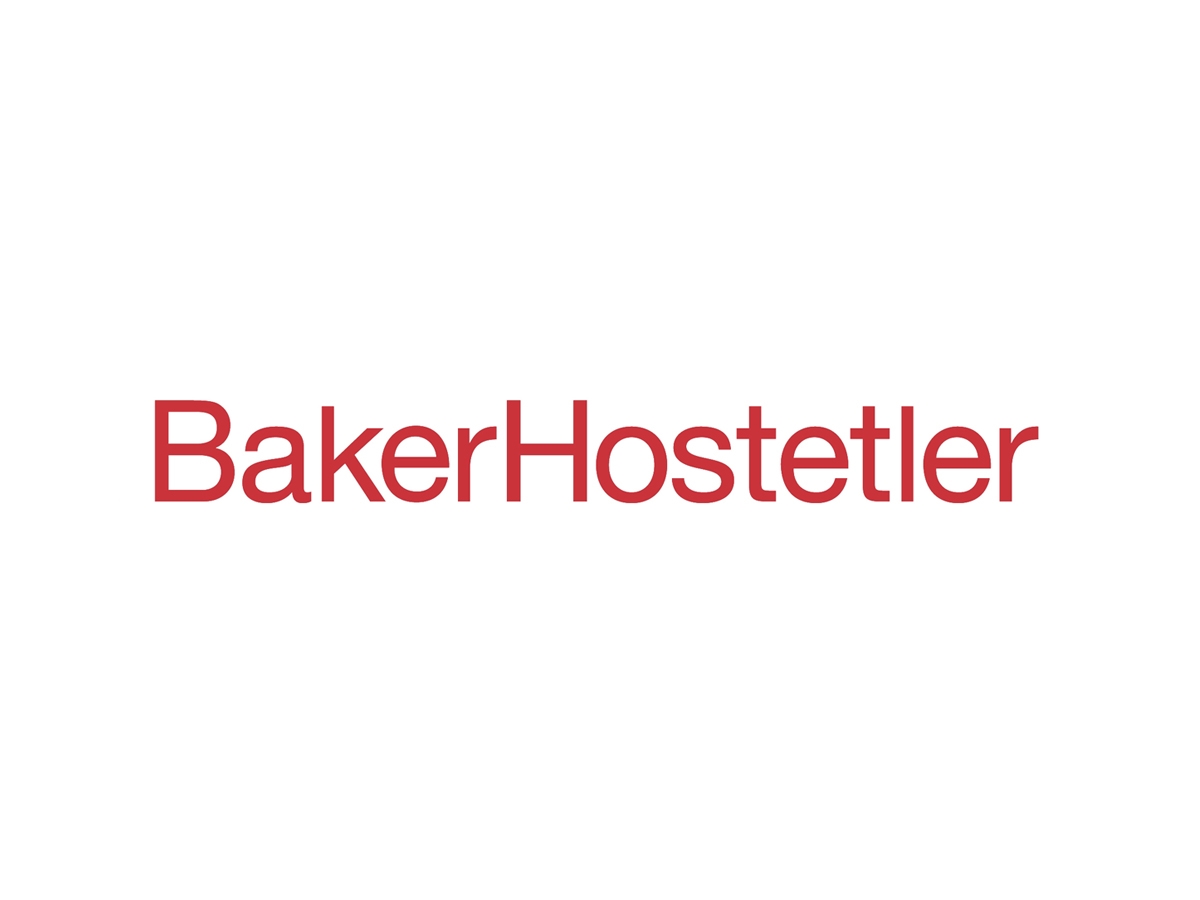Into the Scrum: NCAA’s New NIL Policies Hit with Antitrust Suit by State Attorneys General Ahead of Football Signing Period | BakerHostetler
At the end of January, Attorneys General Jonathan Skrmetti of Tennessee and Jason Miyares of Virginia filed a complaint in the U.S. District Court for the Eastern District of Tennessee alleging that the NCAA’s newest name, image and likeness (NIL) policies place “anticompetitive restrictions” on the NIL rights of current and prospective athletes. Specifically, the suit alleges that the ban on NIL discussions during recruiting violates federal antitrust law by “restrict[ing] competition among schools and third parties … to arrange the best NIL opportunities for prospective athletes.”[1] The attorneys general moved for a temporary restraining order and preliminary injunction halting the enforcement of the NIL recruitment policy and requested a decision by Feb. 6.[2]
According to the complaint, the NCAA’s new NIL policy violates Section I of the Sherman Act, prohibiting agreements and conspiracies unreasonably restraining trade.
The new NCAA NIL policy[3] was unveiled and approved earlier in the year and is set to become effective Aug. 1. Notably, the policy prohibits any NIL entity from engaging in communication with (or providing any benefits to) a prospective or potential student-athlete until that athlete has signed a letter of intent, participates in summer activities or otherwise practices with a team, or enrolls at the school and attends classes. According to the complaint, because this prohibition bans student-athletes from participating in conversations regarding NIL opportunities before committing to an institution, student-athletes cannot “obtain[] full, fair-market value for [their NIL] rights.”[4]
The complaint pitches the NCAA policy against Tennessee’s NIL law, which (1) provides that high school athletes may enter into NIL agreements so long as the agreements comply with Tennessee’s law governing performances by minors and (2) prevents athletic associations from interfering with a college athlete’s ability to earn compensation for the use of their NIL so long as that use otherwise complies with Tennessee law.[5]
Whether the state attorneys general will be successful in this latest challenge to the NCAA and its NIL rules remains to be seen, and we will be monitoring the case for further developments.
[1] Compl., Tennessee v. NCAA, 24-cv-33 at ¶ 5 (E.D. Tenn. Jan. 31, 2024).
[2] Plaintiffs’ Motion for Temporary Restraining Order and Preliminary Injunction, Tennessee v. NCAA, 24-cv-33 (E.D. Tenn. Jan. 31, 2024).
[3]
[4] Compl. at ¶ 7.
[5] Compl at ¶¶ 21, 23.
[View source.]






